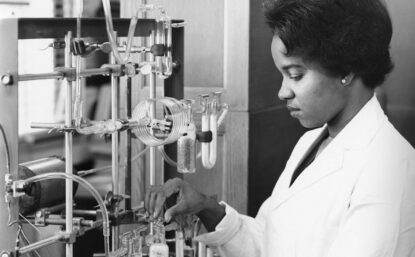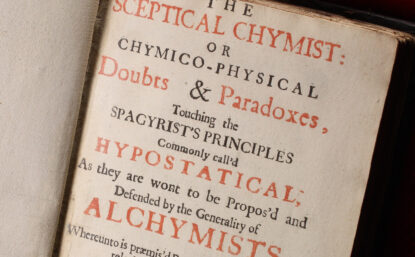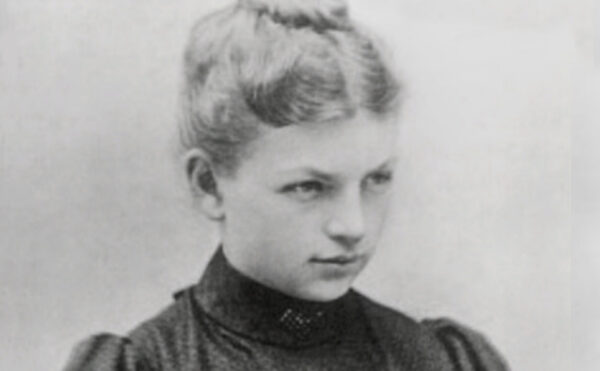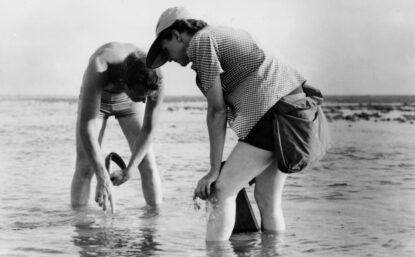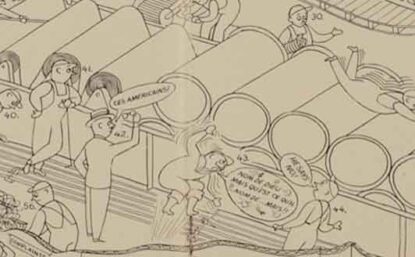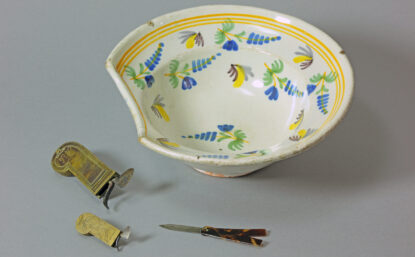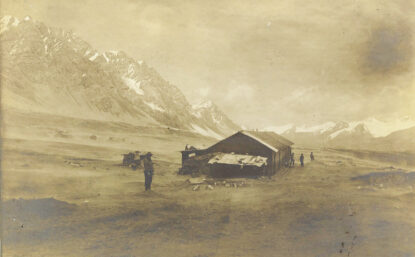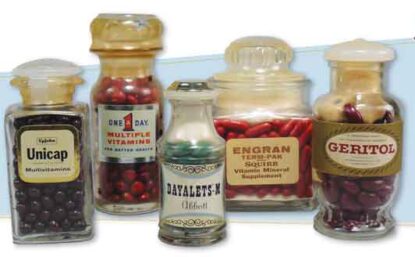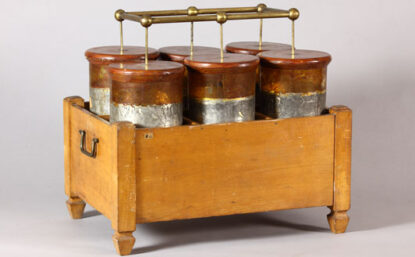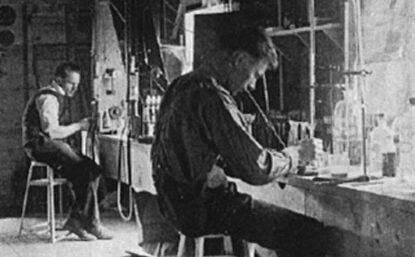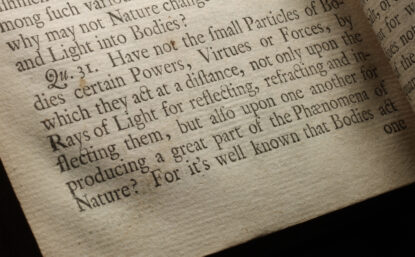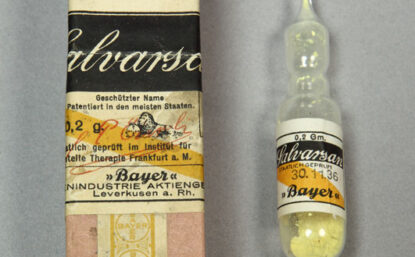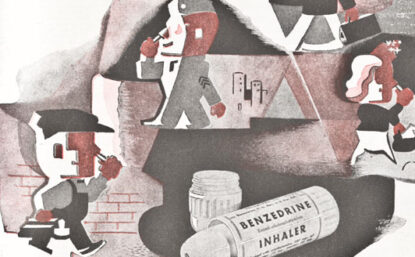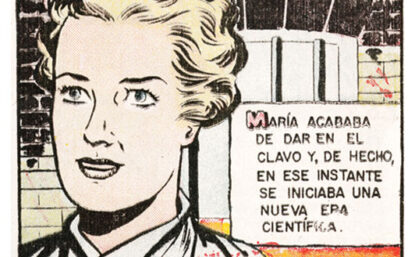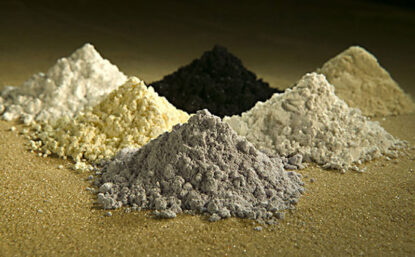Distillations magazine
A Game of Cat and Mouse
A predator stalks Marion Island, and it weighs less than an ounce. Scientists are racing to stop it.
Distillations articles reveal science’s powerful influence on our lives, past and present.
A Blaze of Crimson Light: The Story of Neon
Neon is a dull and invisible gas until it’s trapped in a tube and zapped with electricity. Literally pulled out of thin air, it became a symbol of progress and an essential component of the electronic age.
For Love of the Lab
Reatha Clark King wanted to be a research chemist, so she made the journey from the segregated South to Illinois. At the University of Chicago her dreams came true.
Alchemists, Unite!
Boyle’s Sceptical Chymist (London, 1661) is an acknowledged landmark of science. But the book’s reputation is based less on what it is than on what it is perceived to be.
Casualty of War
On May 1, 1915, Clara Immerwahr Haber sat down at her desk to write farewell letters to friends and family.
Loud and Clear
Rachel Carson’s genius lay in pulling together data from many areas and synthesizing it to create the first coherent account of the effects persistent chemicals had on the environment.
Cellophane Comes to Buffalo
Jacques Brandenberger spent years perfecting a transparent, moisture-repellent film he named cellophane.
Let It Bleed
Joseph E. Snodgrass’s poetry memorably reflected the public faith in bloodletting as medical treatment.
The Rocks at the Top of the World
Vanadium was a rare metal, but for 100 years after its first discovery in 1801 no one cared—until a chemist discovered it strengthened steel.
Vitamins Come to Dinner
Neither medicine nor food, the vitamin pill was born in the early 20th century and came of age during World War II. Now, vitamins are here to stay—and so is the controversy that swirls around them.
Leyden Jar Battery
Electricity and Enlightenment go together like Benjamin Franklin and 100-dollar bills.
On the Scent: The Discovery of PKU
A mother’s dogged search for the cause of her babies’ mental decline led to the discovery of a new disease.
An Emerging Field
Chemist Frank Field turned a hand-me-down mass spectrometer into pioneering career.
Full Boyle
Robert Boyle is best known in chemistry classrooms for Boyle’s law, but the law was never stated outright in Boyle’s work.
Last Words
Even toward the end of his life, Isaac Newton still had questions about chemistry.
Early Solution
Was arsenic a poison or a salvation?
Fast Times: The Life, Death, and Rebirth of Amphetamine
Amphetamine didn’t cure anything, but it did make you feel better. Chemist Gordon Alles faced this paradox after patenting his discovery in 1932.
Stories of the Great Chemists
In the 1950s comic books took Mexico’s youth by storm. But alongside familiar superhuman avengers were other kinds of heroes: real-life chemists.
Industrial Vitamins
Rare earth metals are the vitamins of modern technology. How did this group of chemically dull elements become so important and so troublesome?


